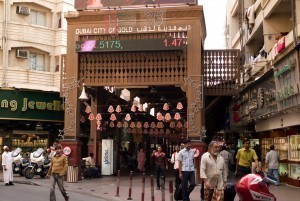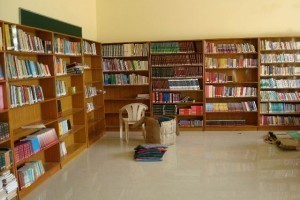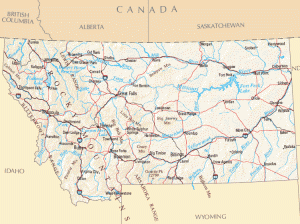Wealthiest City
With its vast wealth in hydrocarbon resources, the United Arab Emirates has among the highest Gross Domestic Product in the entire world. A significantly large portion of such resources, 92% of gas and 95% of oil to be exact, is owned by the UAE’s capital (and second largest) city, Abu Dhabi. This accounts for 9% (98.2 billion barrels) of the world’s oil reserves, as well as nearly 5% (5.8 trillion cubic meters) of its natural gas. In August 2006, the Abu Dhabi National Oil Company declared that the UAE was ready to expand crude oil production to 2.8 million bpd (barrels per day), with the aim of increasing to 4 million bpd by the year 2010.
The government of the UAE had recently made steps to diversify their economy. Due to the rising oil prices, the Gross Domestic Product of the country’s oil and gas resources had been surpassed by their non-oil-and-gas GDP, which currently makes up 64% of their total GDP. In accordance to this development, Abu Dhabi (otherwise the UAE’s biggest oil producer) put into action a diversification plan to lessen the dependence of the  Emirates’ economy on their hydrocarbon resources. This entailed making significant investments in the areas of industry, tourism, retail, and real estate. There is a particular emphasis on the industrial sector, as apparent with the recently constructed industrial free-zone ICAD (Industrial City of Abu Dhabi), followed by plans to build another such free-zone, ICAD II. Meanwhile, the Abu Dhabi Tourism Authority, in conjunction with the Tourism and Development Investment Company, initiated a promotional campaign on behalf of the city’s tourism, as well as developing major projects in the field of real estate.
Emirates’ economy on their hydrocarbon resources. This entailed making significant investments in the areas of industry, tourism, retail, and real estate. There is a particular emphasis on the industrial sector, as apparent with the recently constructed industrial free-zone ICAD (Industrial City of Abu Dhabi), followed by plans to build another such free-zone, ICAD II. Meanwhile, the Abu Dhabi Tourism Authority, in conjunction with the Tourism and Development Investment Company, initiated a promotional campaign on behalf of the city’s tourism, as well as developing major projects in the field of real estate.
By 2006, the UAE’s per capita income had grown by 9%, granting them a $49,700 GDP per capita and putting them in third place among the countries in the world with the highest purchasing power parity. The city of Abu Dhabi is the UAE’s richest emirate in terms of GDP and per capita income, achieving a GDP per capita of $63,000; way over the UAE’s average income and the third highest in the world following Luxemborg and Norway. Abu Dhabi amasses over $1 trillion in worldwide investments. The capital city is also the site of major financial institutions, among them the Central Bank of the United Emirates and the Abu Dhabi Securities Exchange. The base of operations of several multinational corporations, Abu Dhabi is considered the 50th most expensive city and, according to CNN and Fortune, the wealthiest city in the world.





